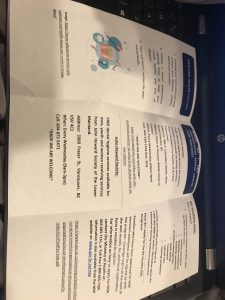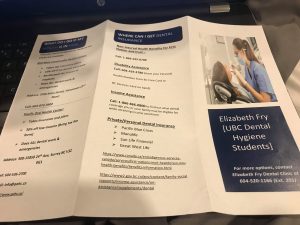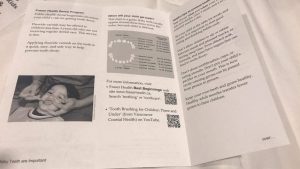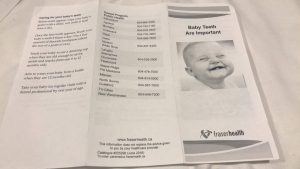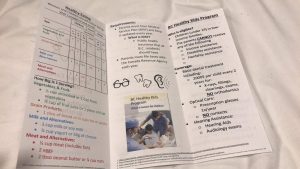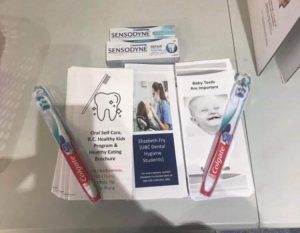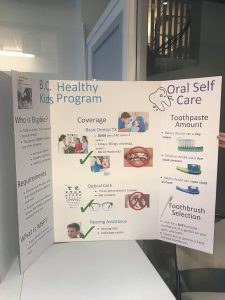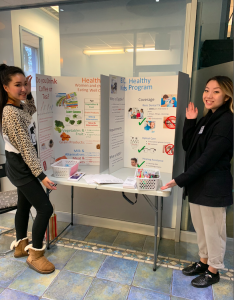At the Elizabeth Fry Society, our team of four saw marginalized women and children and provided free dental hygiene services, including debridement and oral hygiene instruction. This population had low health literacy and therefore oral health education was a big focus. As dental health is not covered under the government’s Medical Services Plan that all Canadians are part of, it may be difficult for these clients to access services and take care of their own health. In addition, some clients with Social Services Benefits or with Persons with Disabilities designation may have the means to pay for services, but some dental offices may not accept these forms of payment due to the complicated billing process. Furthermore, some dental professionals are not trained in culturally safe practice, therefore clients may not want to access care due to traumatic past experiences. Therefore, by providing the clinic, clients of this population are able to see a dental profession with low barriers or be referred out to other more appropriate clinics if needed. Prior to my experience, I did have some negative biases towards this population. However, after working with them, I have come to enjoy this special population as they are pretty receptive and appreciative of the work that we provide.
